
Ustad Homayoun Sakhi China Tour 2025
Venue:
Jazz at Lincoln Center Shanghai
4F, 149 Nanjing Dong Lu, near Jiangxi Zhong Lu Huangpu Shanghai
Date:
6/12/2025
This ticket is only available as an e-ticket

Ustad Homayoun Sakhi China Tour 2025
6/12/2025
Jazz at Lincoln Center Shanghai
4F, 149 Nanjing Dong Lu, near Jiangxi Zhong Lu Huangpu Shanghai
¥188 - ¥500
E-ticket
Event details
👉 Receive E-ticket via Email
👉 Gain Admission with E-ticket
👉 No Cancellation
👉 Due to Limited Seats, Some Infield Seats on Site are Subject to a Table Sharing System
Sound Beyond Borders
Ustad Homayoun Sakhi China Tour 2025
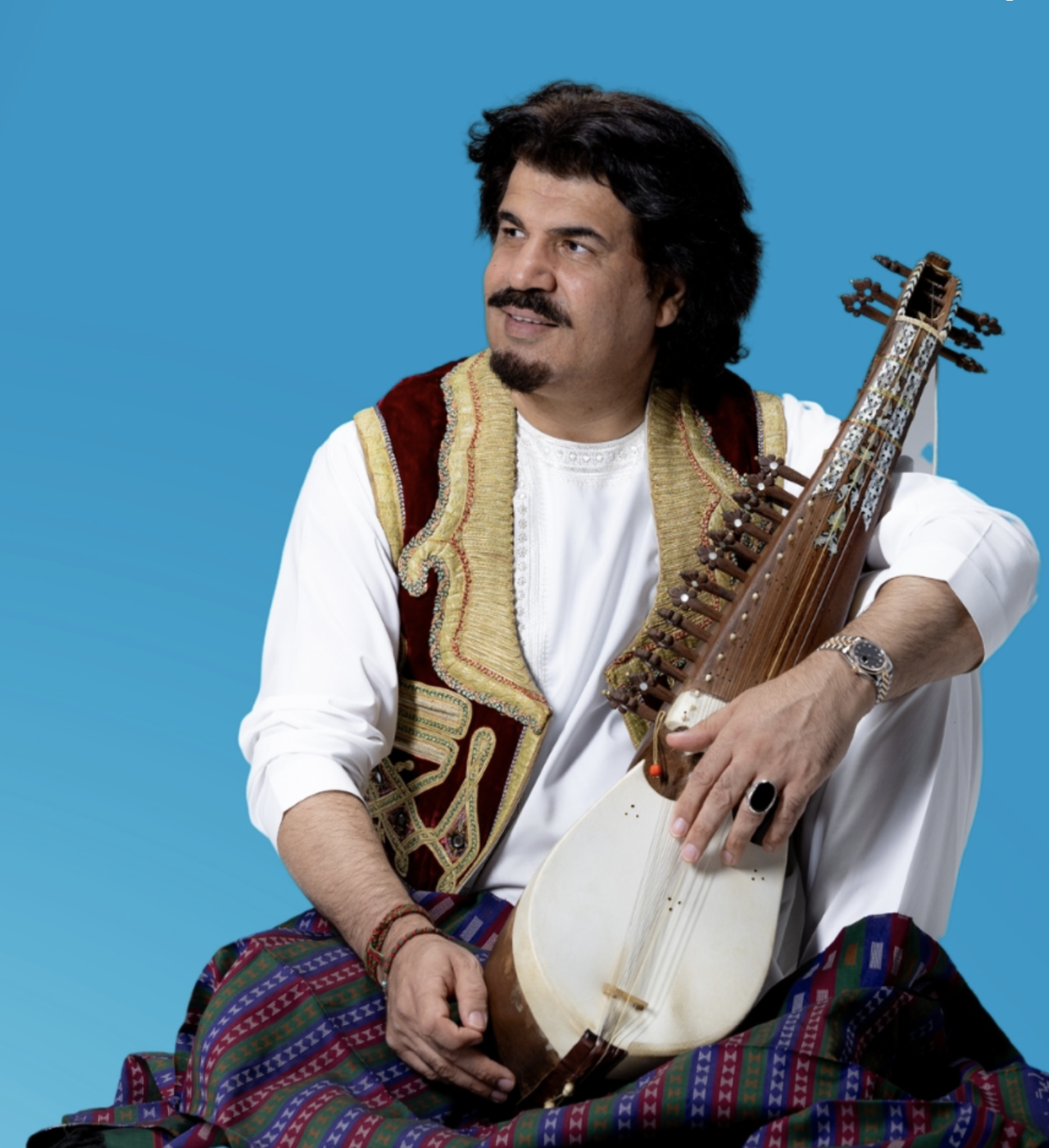
Programme
Raga Madhuvanti
Raga Yaman
Kataghani
Raga Bhairavi
*Program is the subject to change.
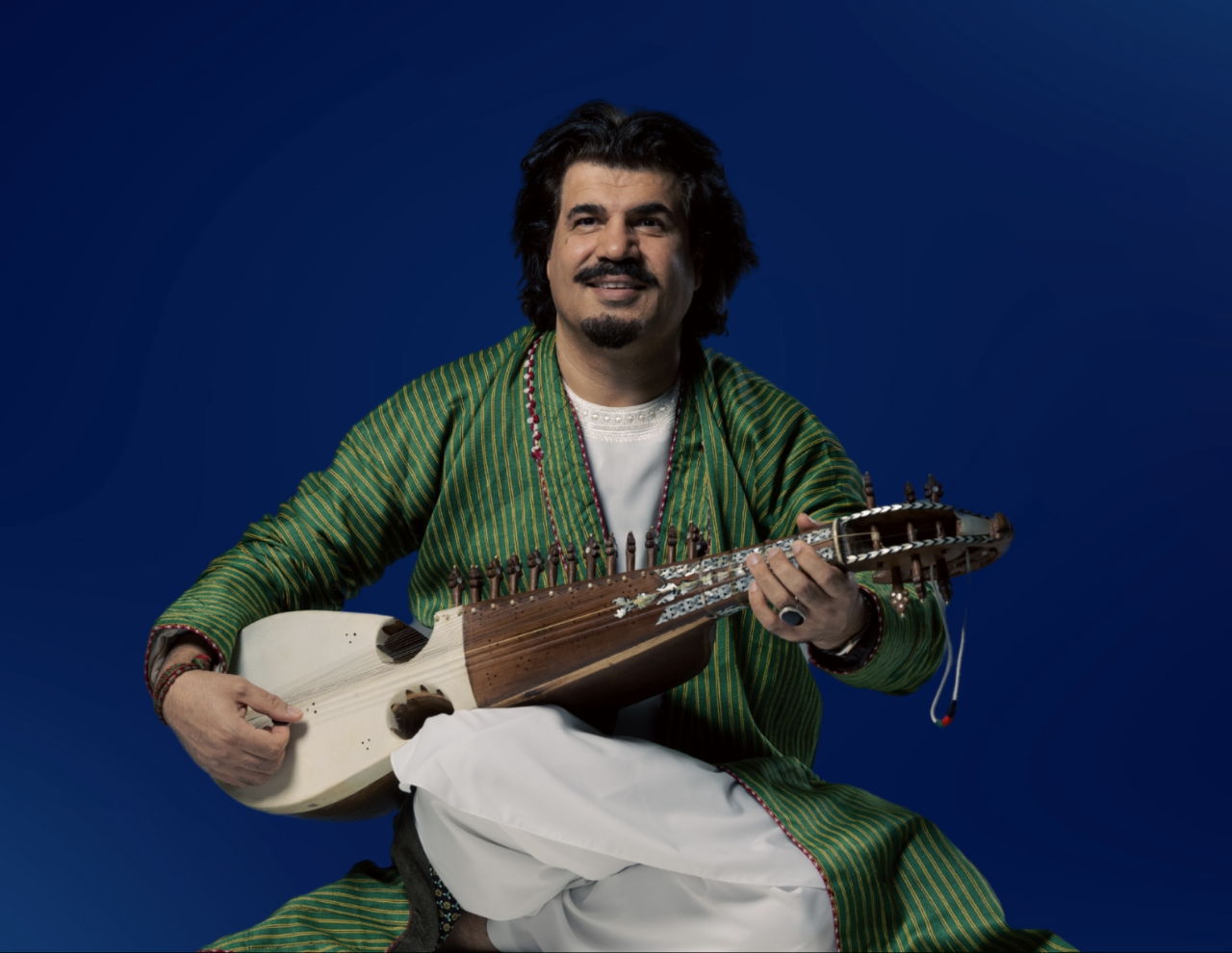
Homayoun Sakhi
“A brilliant virtuoso endowed with a charismatic musical presence and personality.”
Homayoun Sakhi (همایون سخی) is the most innovative Afghan rubab player of his generation—a brilliant virtuoso with a charismatic musical presence and personality. He is a composer, vocalist, and musician born into a family steeped in musical tradition. Born in Kabul in 1976, he was raised in one of Afghanistan’s leading musical families. From the age of ten, he studied rubab—a double-chambered lute and the national instrument of Afghanistan—with his father, Ustad Ghulam Sakhi, following the traditional ustâd-shâgird (Persian for “master-apprentice”) method.
In 1992, Homayoun and his family were forced to flee the civil war in Afghanistan, seeking refuge in Pakistan. Overnight, music was banned in Afghanistan, and to protect his beloved instrument, the rubab, Homayoun had to hide it beneath mattresses and blankets as they made their way to a refugee camp near Peshawar. Once in Peshawar, Homayoun’s musical talent quickly caught the attention of locals. His unique ability to blend traditional ragas with Afghan melodies made him a popular figure in the community. He soon found himself performing on both radio and television, sharing the stage with some of Pakistan’s renowned singers and musicians.
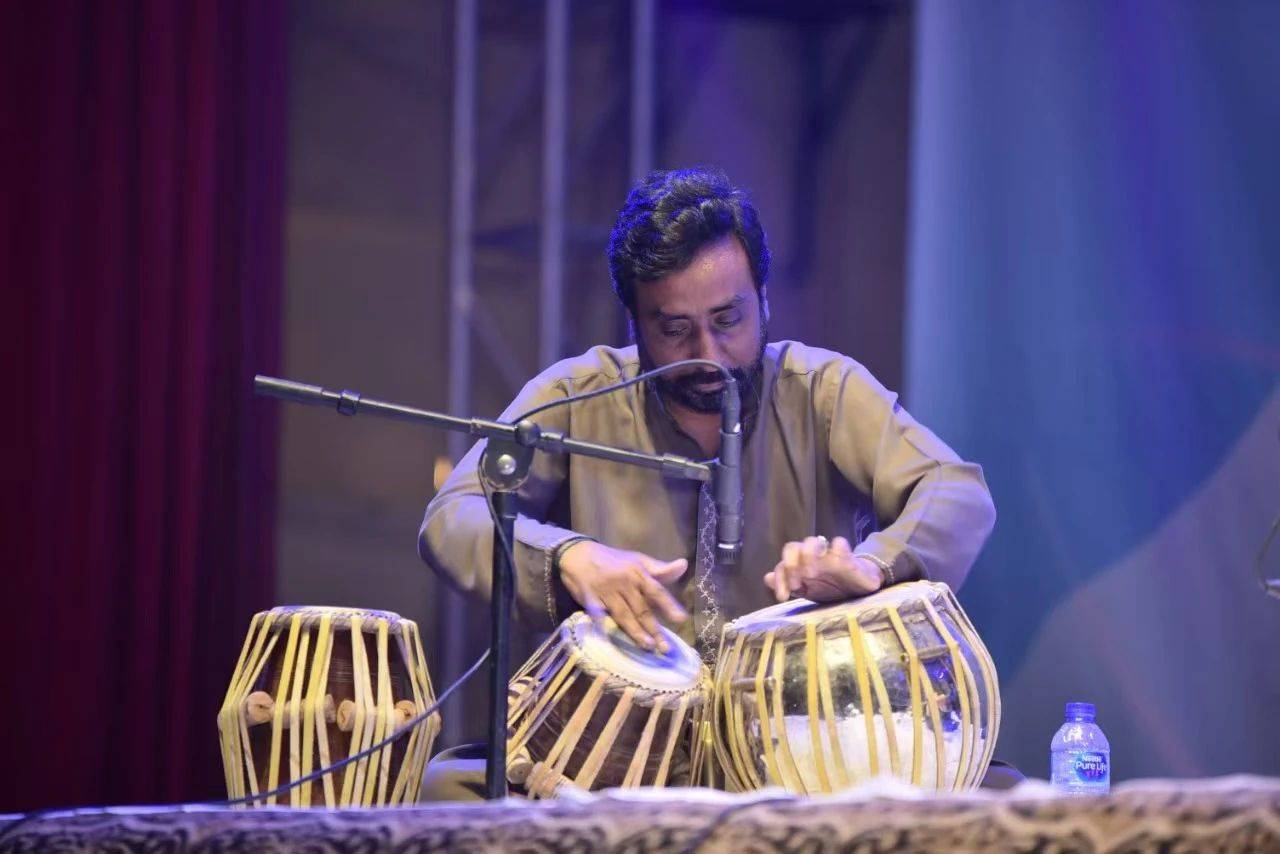
Sabz Ali
Tabla player, he comes from a long line of famous Pakistani ‘Punjabi Tabla’ players and is the son of the late Tabla maestro Ustad Allah Ditta Khan, who was one of the most respected Tabla players of the 20th century in Pakistan. He is a predominantly tabla player and has collaborated with Pakistani classical and Sufi musicians in the recording of classical music programmes on Radio Pakistan. His family runs music schools in Lahore and other places to pass on the art of tabla.
Notice
Date: Thursday, 12th Jun. @ 20:00
Price:
- ¥188 Early Bird Ticket For 1
- ¥360 Early Bird Ticket For 2
- ¥258 Ticket For 1
- ¥500 Ticket For 2
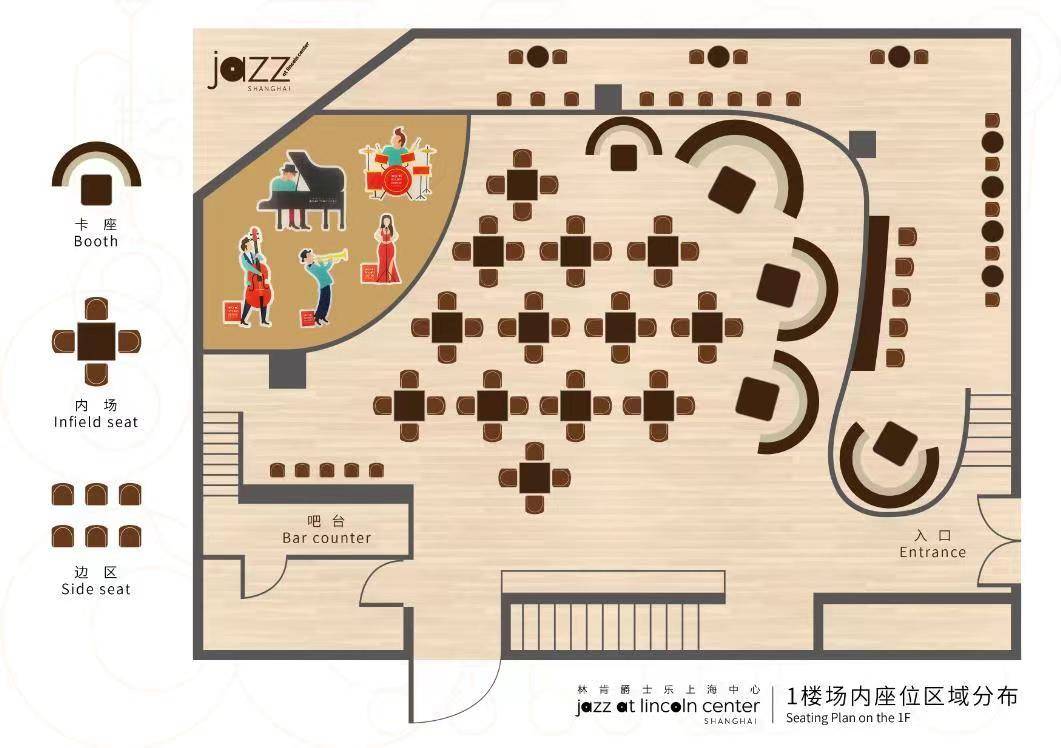
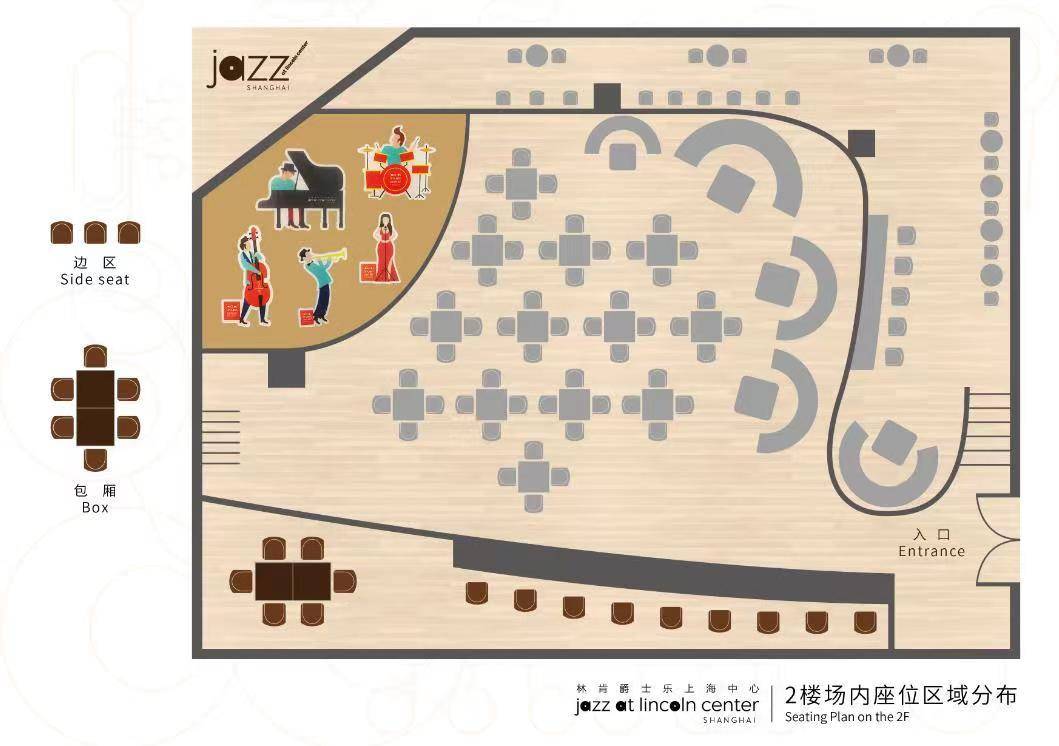
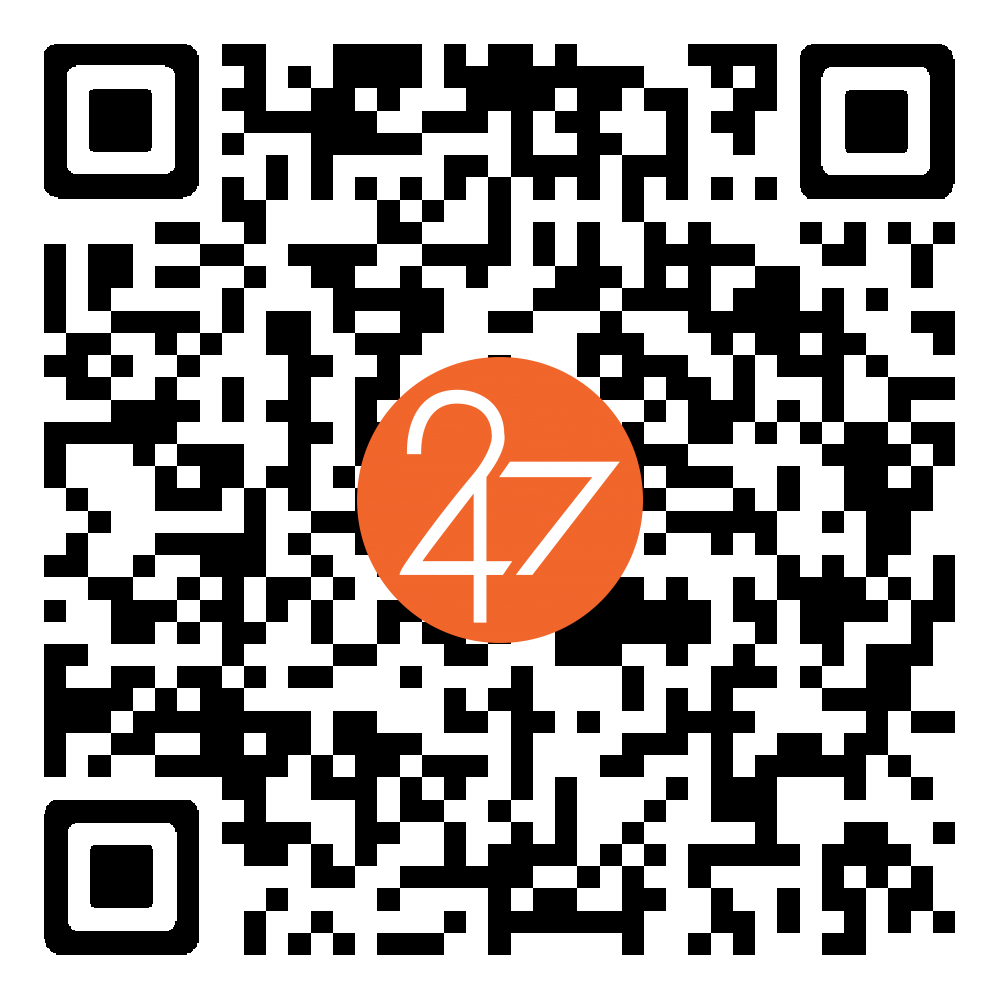
Follow our WeChat for event news, deals, gossip and more!
Book Now
Ustad Homayoun Sakhi China Tour 2025
Venue:
Jazz at Lincoln Center Shanghai
4F, 149 Nanjing Dong Lu, near Jiangxi Zhong Lu Huangpu Shanghai
Date:
6/12/2025
This ticket is only available as an e-ticket
© 247tickets 2020 沪ICP备19024898号-2

 Add us on WeChat to speak to our friendly customer service team! ID: Tickets247Tickets
Add us on WeChat to speak to our friendly customer service team! ID: Tickets247Tickets